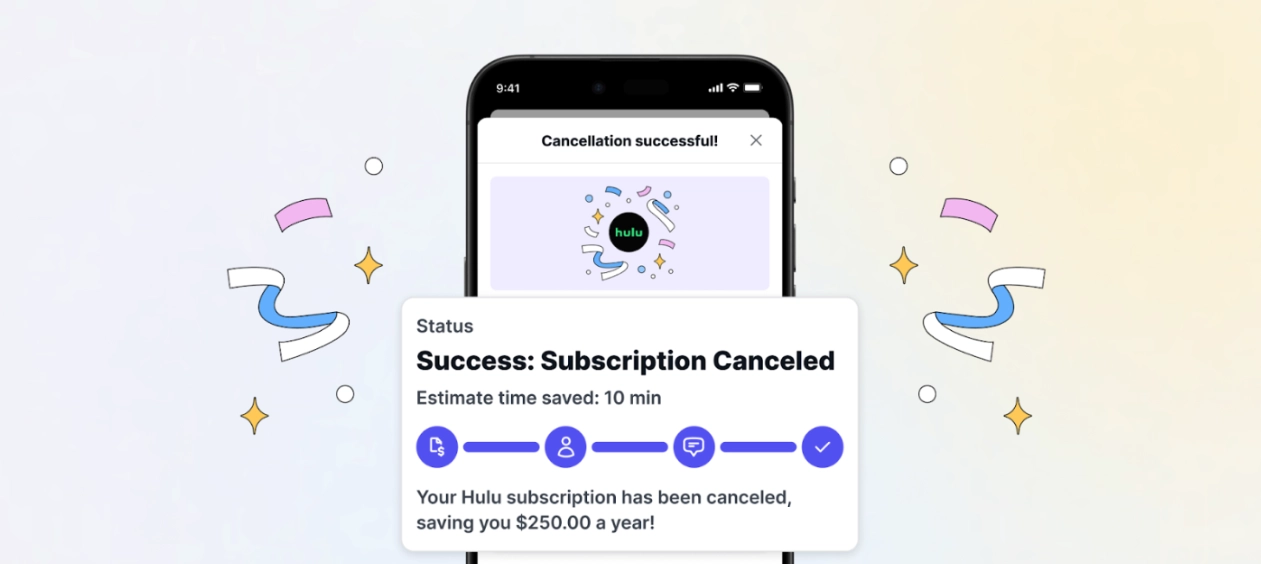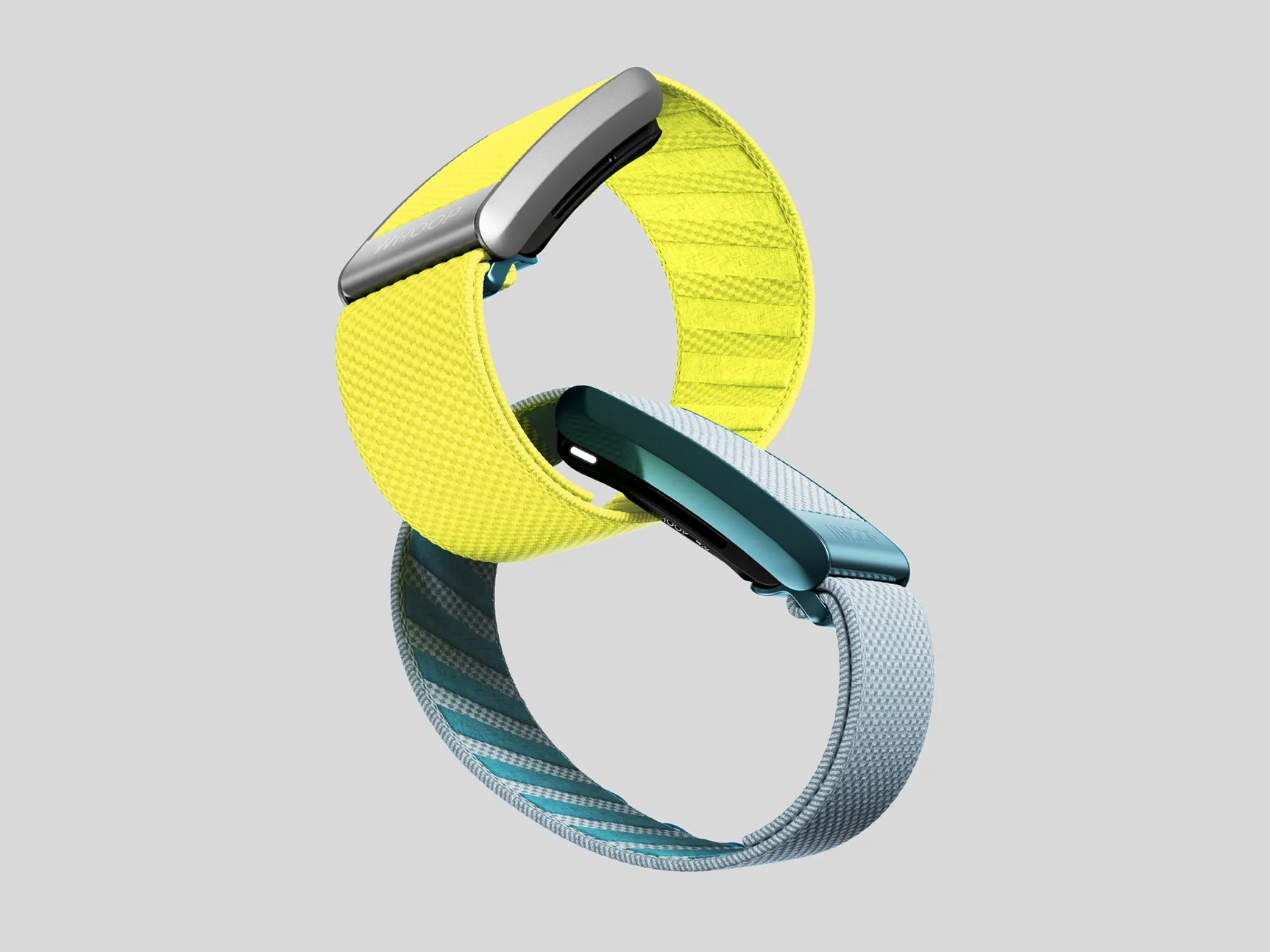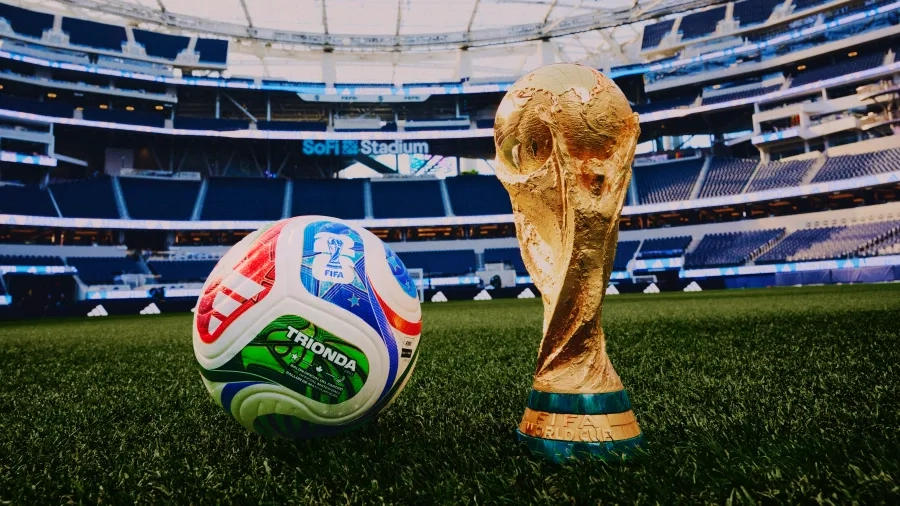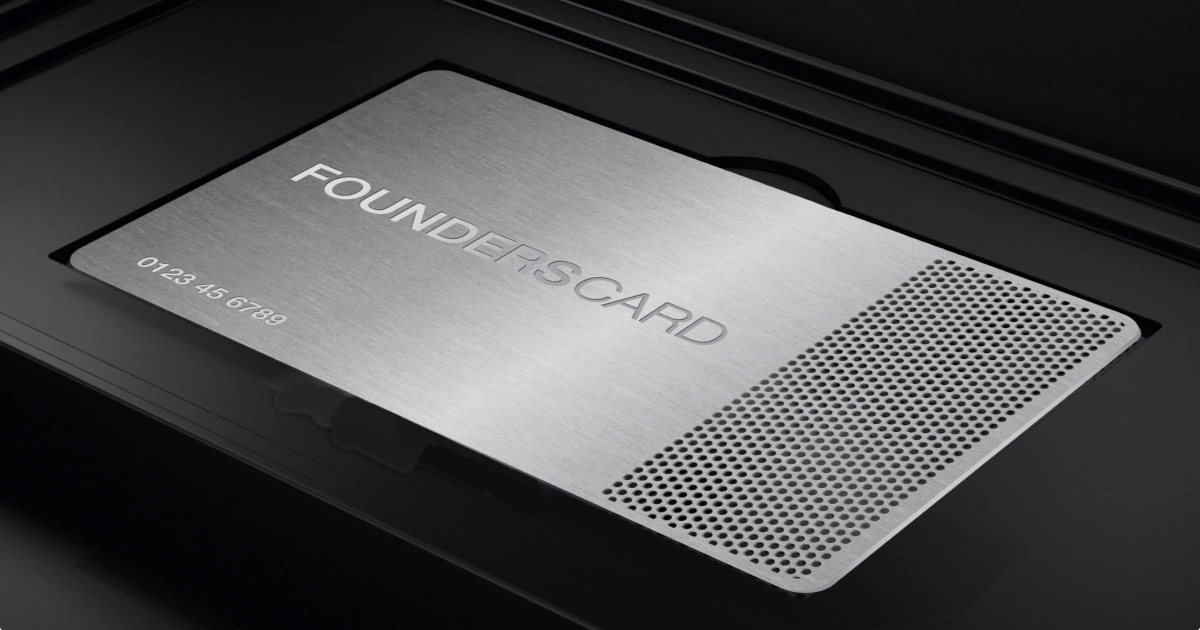
Kudos has partnered with CardRatings and Red Ventures for our coverage of credit card products. Kudos, CardRatings, and Red Ventures may receive a commission from card issuers. Kudos may receive commission from card issuers. Some of the card offers that appear on Kudos are from advertisers and may impact how and where card products appear on the site. Kudos tries to include as many card companies and offers as we are aware of, including offers from issuers that don't pay us, but we may not cover all card companies or all available card offers. You don't have to use our links, but we're grateful when you do!
Does Your Debit Card Getting Declined Affect Your Credit Score?
July 1, 2025

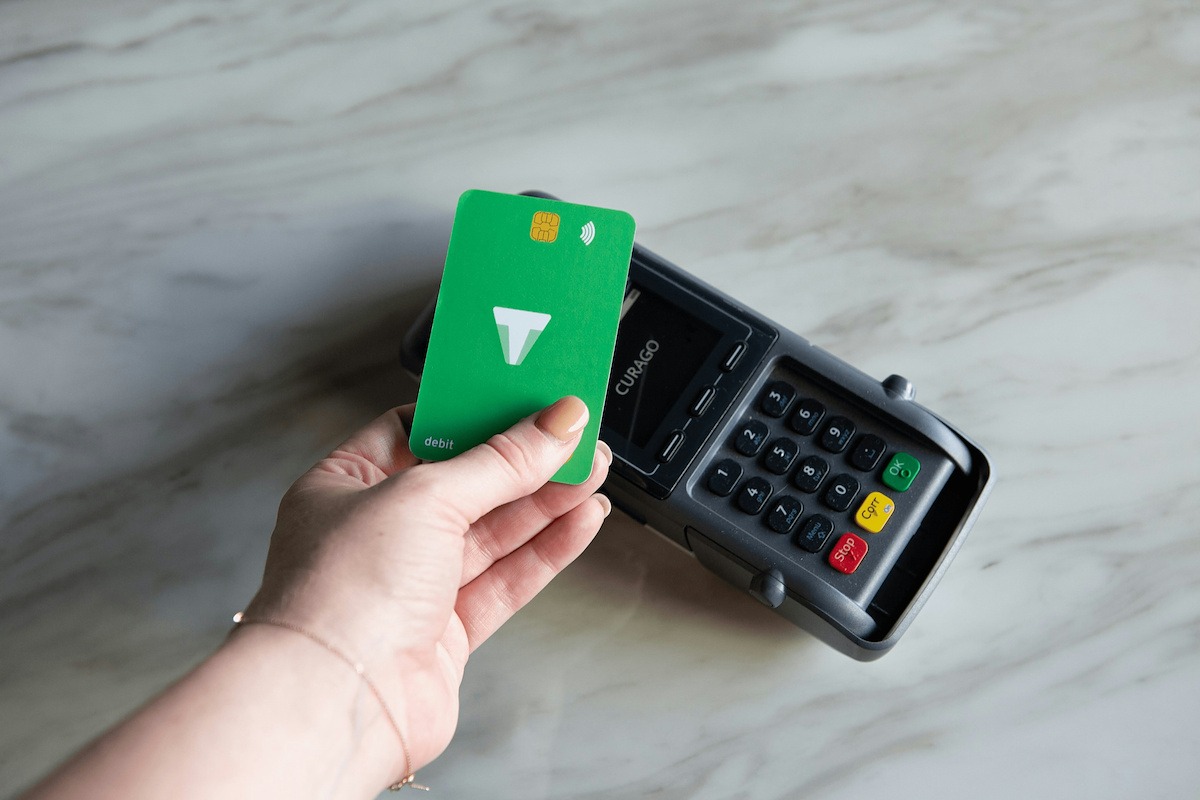
Quick Answers
A declined debit card transaction will not directly affect your credit score.
Credit scores are determined by your credit history with lenders, not the activity or balance in your bank account.
However, an unpaid overdraft resulting from a declined transaction can be sent to collections, which may negatively impact your credit score.
Why Is My Debit Card Getting Declined?
A debit card transaction can be declined for several common reasons, such as insufficient funds, an expired card, or reaching a daily spending limit. These issues are directly related to the status of your bank account and the card itself. However, unlike credit-related activities, these types of declines do not affect your credit score.
Your credit score reflects your history of borrowing and repaying debt, which is information gathered by credit bureaus from lenders. Since debit cards pull from your existing bank balance rather than a line of credit, these transactions are not part of that reported data. Consequently, a declined debit card payment will not appear on your credit report or have any bearing on your credit standing.
Can a Declined Debit Card Impact Your Credit Score?
While it might feel like a financial red flag, a declined debit card transaction won't directly tank your credit score. Here’s how a simple decline can snowball into a credit-damaging event.
- Initial Transaction and Overdraft: It starts with a declined purchase due to insufficient funds. If you have overdraft protection, your bank may cover the charge, pushing your account into a negative balance and triggering a fee.
- Unpaid Balance and Fees: If you don't deposit money to cover the negative balance and the associated fees, the amount you owe the bank grows. This is now a debt.
- Account Goes to Collections: After a period of non-payment, typically 30 to 90 days, the bank may close your account and sell the outstanding debt to a third-party collection agency.
- Credit Bureau Reporting: The collection agency will report this unpaid debt to the three major credit bureaus—Experian, Equifax, and TransUnion. This is the action that directly impacts your credit.
- Negative Credit Impact: A collections account on your credit report is a significant negative mark. It can lower your score and remain on your report for up to seven years.
How Much Will Your Debit Card Getting Declined Affect Your Credit Score?
While a declined debit card transaction doesn't directly impact your credit score, certain related events can have an indirect effect. Here are a few scenarios to consider:
- No Direct Credit Reporting. Debit card activity, including declines, isn't reported to the major credit bureaus. Your credit score is based on your history of borrowing and repaying money, not your checking account activity or balance.
- Overdraft Protection Links. If your overdraft protection is tied to a credit card, the bank covers the transaction by borrowing from that card. This increases your credit utilization ratio, which can negatively affect your score.
- Unpaid Fees and Collections. A declined payment could lead to unpaid fees with a merchant or service provider. If that debt is sold to a collection agency, it will appear on your credit report and lower your score.
How You Can Avoid Your Debit Card Getting Declined Affecting Your Credit Score
Opt for Overdraft Protection
Consider enrolling in your bank's overdraft protection program. This service can cover transactions even if your balance is insufficient, often by linking to a savings account or a small line of credit. While fees may apply, it prevents the immediate decline of your card.
Set Up Low-Balance Alerts
Proactively manage your funds by enabling low-balance alerts. Most banks can notify you via text or email when your account dips below a certain threshold. This gives you a chance to deposit funds before making a purchase and avoid a potential transaction decline.
Regularly Monitor Your Account
Make it a habit to check your account balance regularly through your bank's mobile app or website. Staying informed about your available funds is the simplest way to prevent overspending and ensure you have enough money to cover all your debit card transactions.
Ways to Improve Your Credit Score
Improving your credit score is an achievable goal that hinges on consistent, positive financial behavior. There are several proven methods you can use to boost your creditworthiness and build a healthier financial profile.
- Monitor your credit reports. Regularly obtain your free reports from the three major bureaus to check for and dispute any inaccuracies that could be dragging down your score.
- Set up automatic payments. Your payment history is the most significant factor in your score, so automating payments ensures you never miss a due date.
- Lower your credit utilization. Aim to use less than 30% of your available credit, as high balances can negatively impact your score.
- Become an authorized user. Being added to a credit card account with a long history of on-time payments and low utilization can give your score a boost.
- Diversify your credit mix. Lenders like to see that you can responsibly manage different types of credit, such as installment loans and revolving credit cards.
The Bottom Line
A declined debit card transaction won't directly lower your credit score, as debit activity isn't reported to credit bureaus. The primary consequence is the immediate inability to complete your purchase.
Frequently Asked Questions
Does a declined debit card transaction appear on my credit report?
No, a declined debit card transaction will not appear on your credit report. Credit bureaus track credit-based accounts, not the daily activity in your bank account.
Can a declined debit card indirectly hurt my credit score?
Yes, it can. If the declined debit card was for a bill payment, the resulting late payment on that account could be reported to credit bureaus.
What should I do if my debit card is declined for a bill payment?
You should contact the company immediately to arrange an alternative payment. This helps you avoid late fees and potential negative marks on your credit history.
Unlock your extra benefits when you become a Kudos member

Turn your online shopping into even more rewards

Join over 400,000 members simplifying their finances

Editorial Disclosure: Opinions expressed here are those of Kudos alone, not those of any bank, credit card issuer, hotel, airline, or other entity. This content has not been reviewed, approved or otherwise endorsed by any of the entities included within the post.


































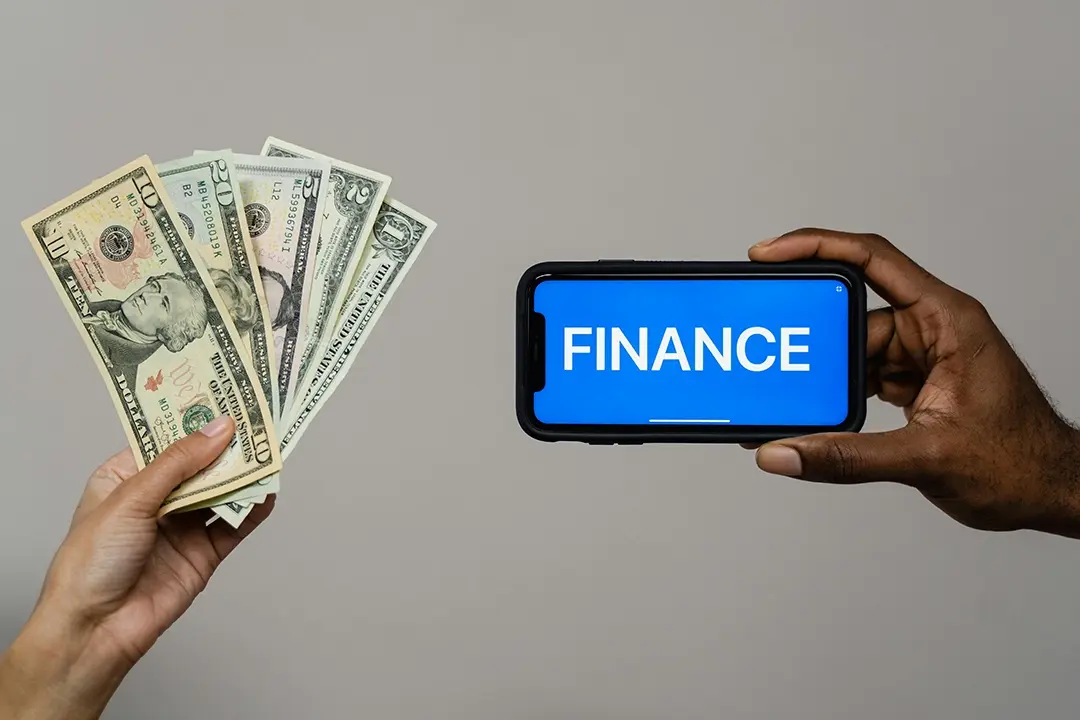
.webp)


.webp)


